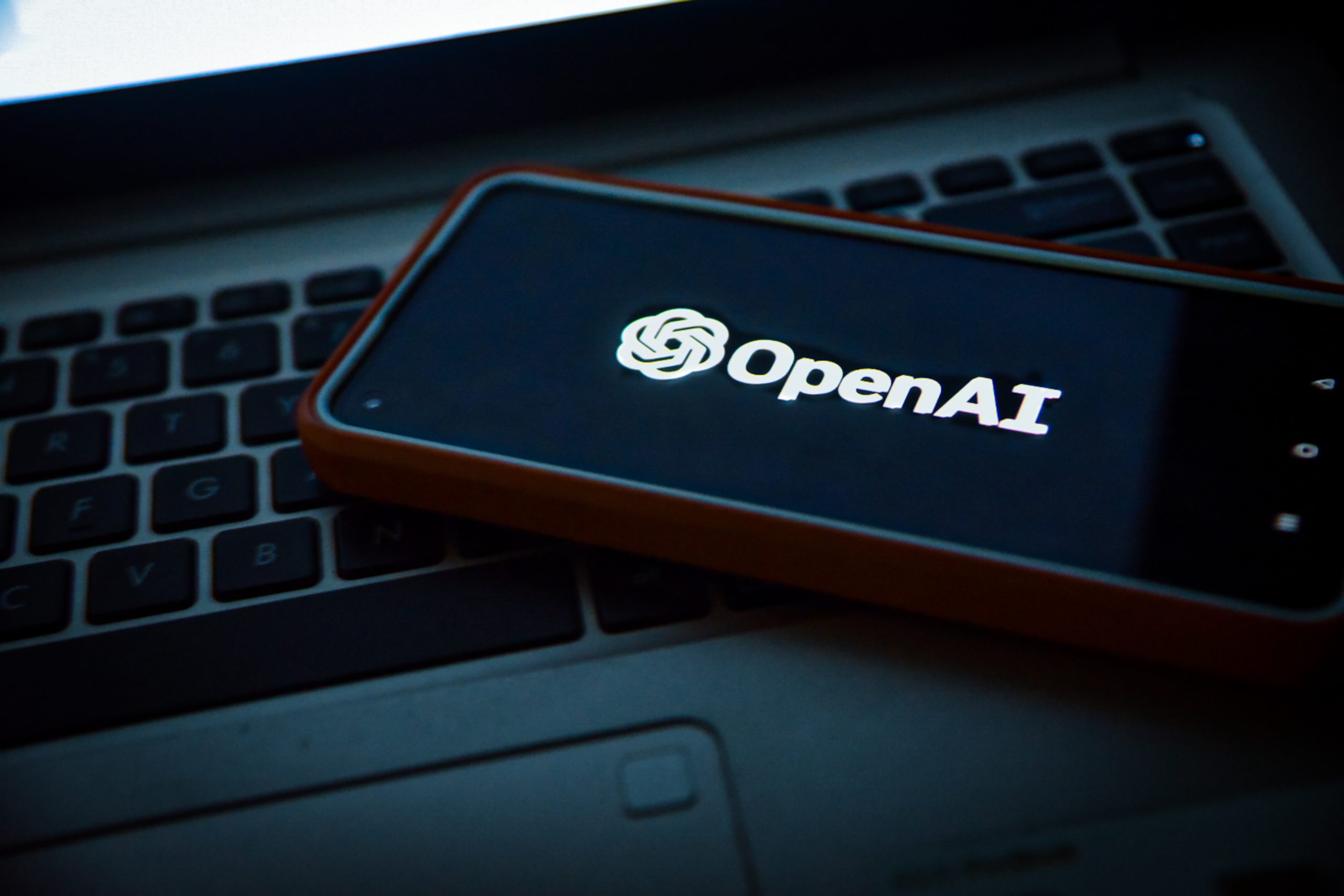The brave new world of AI-powered search has hit a speed bump.
During the week of February 6, both Google and Microsoft announced they were developing new search capabilities that incorporate conversational AI, or chatbots that answer searchers’ queries with detailed, informative answers. This interface would provide an alternative to the search engines interface we are familiar with today, in which users need to click on to web links and read short snippets of content to find answers to their queries.
Microsoft said that its Bing search engine was using the same AI technology that powers the wildly popular ChatGPT chatbot created by OpenAI. (Microsoft has a multi-billion dollar investment in OpenAI.) Google said it was about to unveil Bard, a chatbot with similar AI-fueled capabilities. Bard was based on AI developed by Google for quite some time.
Both these Big Tech companies were responding to OpenAI releasing ChatGPT for public use on November 30, 2022. Since that date, ChatGPT had become the fastest-growing app in history.
Google didn’t outright release Bard – the company demo’d the product that week and said an independent party of reviewers was vetting the product before its ultimate public release. Microsoft started to make Bing’s chat interface available in limited preview mode.
At first, both companies received generally favorable attention for showing how rapidly two Big Tech companies could bring to market a new way to search. But then the problems began:
- In a demo and promotion, Bard shared inaccurate information. Then Bing did so. Google’s stumble with Bard resulted in parent company Alphabet taking a hit in its stock price. Bing’s errors earned public scorn.
- Then Bing started to act weird. The chatbot started making bizarre statements to New York Times technology journalist Kevin Roose, including professing its love for Roose. Unfortunately, Bing shared racist language with a journalist’s son, too.
Definitely not a good look for conversational AI!
By February 16, things had gotten so bad that The Atlantic magazine was declaring “AI search is a disaster.”
In response, Microsoft said that these types of incidents are to be expected. Microsoft said, “The only way to improve a product like this, where the user experience is so much different than anything anyone has seen before, is to have people like you using the product and doing exactly what you all are doing. Your feedback about what you’re finding valuable and what you aren’t, and what your preferences are for how the product should behave, are so critical at this nascent stage of development.”
Microsoft also announced that it will begin limiting the number of conversations allowed per user with Bing’s new chatbot feature.
Meanwhile, Google has asked employees to improve Bard by rewriting answers for topics that employees know well – a human-in-the-loop approach in which people stay involved as supervisors of the development of AI products as well as the editing of AI-generated content.
So, what now?
Well, nothing really changes for businesses at the moment. Google has not rolled out Bard. Bing is still in preview mode. Clearly, there is work to be done. The bad press suffered by Google and Microsoft simply underscores how rapidly these companies are moving. From the standpoint of building public trust, it sure looks like they would have been better off taking more time before starting to take these products closer to market.
Conversational AI is coming to search. These products did not drop out of the sky. Sooner or later, this interface was coming. It happened too soon for Google and Microsoft to escape some reputational damage. But the big picture is that the industry is more aware now of how the search experience is evolving, warts and all.
As we’ve recommended in previous posts, we suggest that businesses watch the developments closely and experiment with conversational AI (as everyone is doing with ChatGPT right now). It is important to become familiar with the ways these tools function, including the way ChatGPT can generate content (known as generative AI). This is no time to ignore the phenomenon.
At True Interactive, we are staying in close contact with Google and Microsoft and will report developments as we learn about them.
Contact True Interactive
To succeed with online advertising, contact True Interactive. Read about some of our client work here.
Photo by Om siva Prakash on Unsplash
